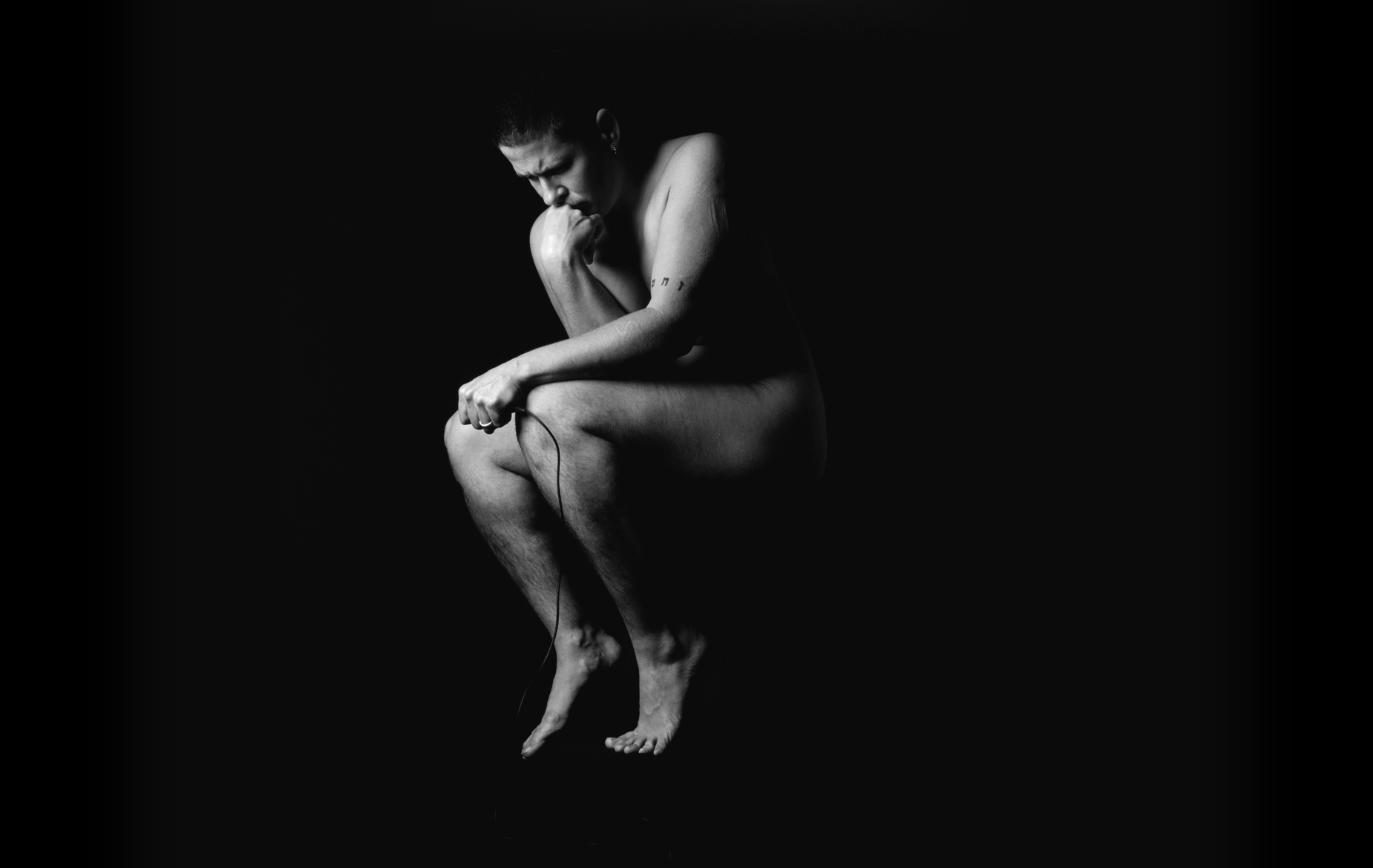QAF Wicked reimagined identity politics, exposing the implications
of homonormativity as erasure. This past decade has seen the mainstreaming of gay; sexual difference wins approval so long as it is palatable, marketable, and doesn’t stray too far from bourgeois notions of taste and morality. The mainstream commodifies queer experience in the same breath as it pathologizes the queer body, adjudicating via medical and sociological interventions which anatomies and passions rank as authentic.
There’s no place like home for the Wicked Witch of the West, green by devilment and through her magical aberrance. QAF 2020 forsook the yellow brick road that leads only to a man behind a curtain gentrifying our desires. Instead, QAF revelled in the quintessentially queer traditions of scandal and excess.
Wickedness is a myth invented by good people to account for the curious attractiveness of others.
— Oscar Wilde
QAF 2020 opened amidst a flowering of worldwide protests (finally) against racist police violence — violence primarily targeting Black and Indigenous people, often those with disabilities. If recent discourse around queer liberation has focused on inclusivity, it bears asking, what kind of society are we asking to be included in? Who of us is granted inclusion, and at what cost? And for those among us who have graduated from rejection to tolerance to mainstream acceptance… has that shifted allegiances?
These questions gained added urgency as the 2020 pandemic upended our experiences of public and private spaces. “The virus” suddenly means a very different virus than the one that has dominated queer consciousness for decades. The contrast between the public health responses to AIDS and coronavirus could not have been starker for those of us old enough to remember the last pandemic. It was astonishing and heartbreaking to see how authorities were capable of mobilizing when they cared about the kinds of people who were dying. Meanwhile, the opioid epidemic raged unabated, killing significantly more people than COVID-19 here in BC yet garnering only a fraction of the resources and attention.
With widespread calls to Stay the Fuck Home, those who could comply found themselves ushered into the strange disembodiment of online living, while those who couldn’t comply risked contagion and increased violence. Sinophobia and violence against Asians went viral, with Vancouver declared the North American capital of Anti-Asian racism in 2021, the time of writing.
This is the context in which we had to reimagine QAF completely to make it happen at all. Social distancing measures changed our capacity to be queer together overnight. Many arts venues closed altogether, while others moved online, curating mediated and disembodied experiences. But who are we as queers, without our bodies?
So QAF 2020: Wicked manifested through the internet, mail and public art platforms.
While we had to postpone some programs, QAF remained steadfast in our commitment to artists, in the belief that art is essential. Interdisciplinary artist Alida Kinnie Starr‘s Two-Spirit Public Art Project exhibited in transit shelters across Vancouver. The Flash Collective’s created video showed on the grunt gallery’s outdoor screen. We published an Art-Zine to reimagine the festival in a printed format, and mailed out Elektra KB’s limited edition genderless stateless passports.
Performances and talks debuted online for 11 days. Seeing how many queer artists were being shut down on the large mainstream platforms or harassed and threatened in comments sections, we built our own digital hub, free from censorship and trolls. During the 11 days of the festival, QAFonline.ca had attendees from all continents except Antarctica, and 50 different countries, including locations where viewers had to circumvent national censors. Highlights included choreographer Noam Gagnon’s raucously reimagined vulnerable Swan Song, This Crazy Show; Indigenous Burlesque with Virago Nation’s Too Spirited; Uncensored, the latest offering from non-binary drag collective The Darlings; and Jonny Sopotiuk’s visual arts curation, which catalogue you are reading right now.
It was a pleasure to work with curator Jonny Sopotiuk. I’ve been following Jonny’s work with great interest since he first exhibited with us for QAF 2013, so I was immediately intrigued when Paul Wong suggested
I consider engaging Jonny as a curator. Jonny proved to be a prescient choice for 2020, as his labor activist practice and social justice lens spoke particularly well to the pandemic’s culture of heightened capitalist disposability.
At a time when government-mandated closures for arts venues threw scores of artists out of work, I am proud to have found ways to keep QAF going and honour our contracts. The works collected in these pages brings you a broad range
of perspectives, both conceptually and geographically, on the disorientations and dislocations that dominated the dawning of this peculiar pandemic era. I am curious to see how they will reflect on us in retrospect, decades into the future.
Keep Loving. Keep fighting
SD Holman, Artistic Director
